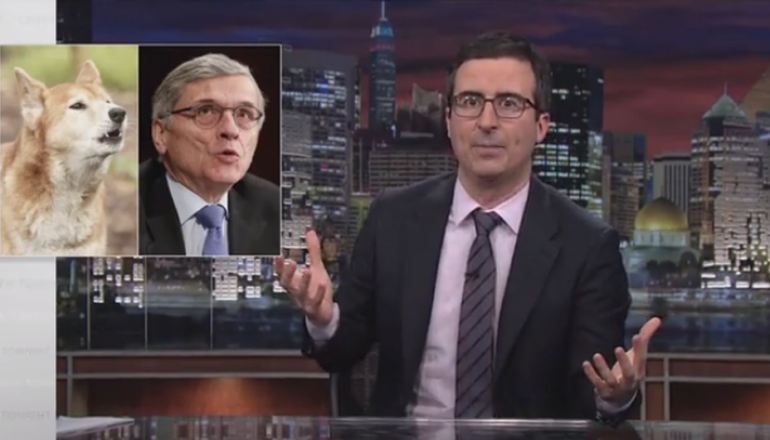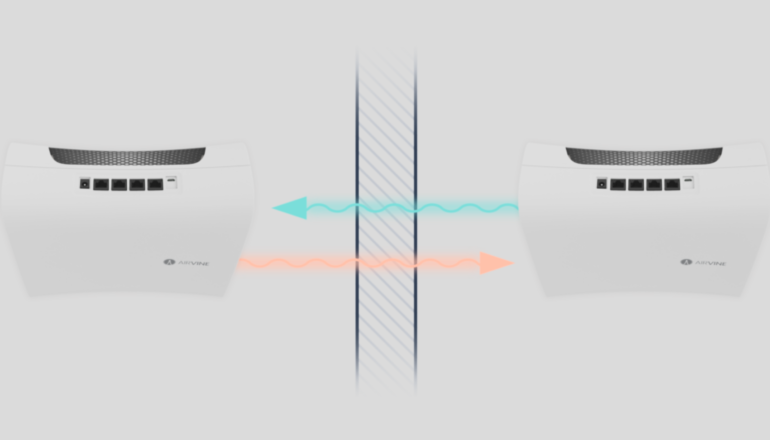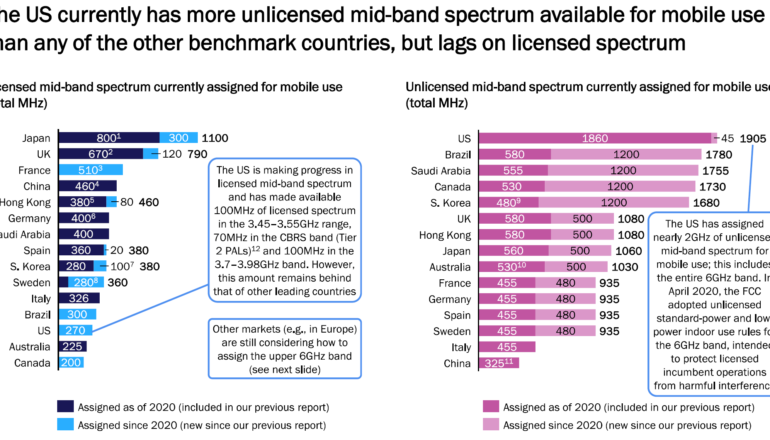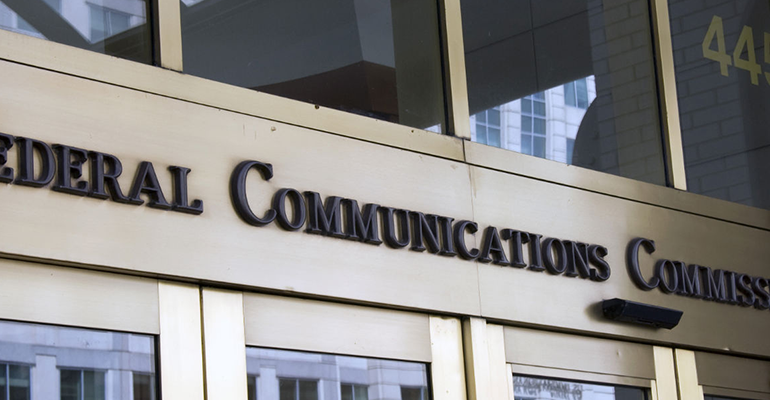Wheeler supports his own Internet regulations
Former FCC Chairman Tom Wheeler has broken his silence on the FCC’s desire to re-impose his Title II regulatory framework on Internet Service Providers. This is dog-bites-man news apart from…
Some history on unlicensed spectrum
In 1985, the FCC issued the nearly forgotten “Spread Spectrum Order” (should be called the Mike Marcus Order) making 234.5 Mhz of radio frequency spectrum available in three bands to…
Net neutrality advocates discover quality
Barbara van Schewick is a professor at the Stanford Law School and director of the Center for Internet and Society, Larry Lessig’s old job. She is without question the most…
My op-ed in Fierce Wireless
Leading wireless tech news outlet Fierce Wireless published my op-ed in support of the Spectrum Pipeline Act of 2024 today. The bill will be discussed along with other national security…
Progress on Spectrum Allocation
I can only hope that the Senate can put partisan differences aside and focus on what’s good for the nation. We need more 5G and 6G and we need more competition for broadband.
Net Neutrality Reply Comments
Rather than going forward with backward-looking Title II regulations it would be wise for the FCC to issue a Further NPRM seeking comment on the state of competition in the Broadband ISP market. The NPRM barely touches this topic, but it’s actually at the center of the current issue set. There is much the Agency can do to accelerate the transition from a wire-dominant broadband regime to a wireless future in which the Internet is fully pervasive.
NTIA Spectrum Plan Implementation Comments
The bottom line is that the focus on study means we are not placing enough emphasis on the directions and objectives of improving incumbent systems.
HTF Comments on Title II NPRM
But most of all, the FCC needs to guide Congress toward a regulatory status quo that enables the Commission to function to its full capability so that the Internet can fulfill its potential. The FCC and the Internet are not at war with each other, you are both partners in making a better tomorrow.










